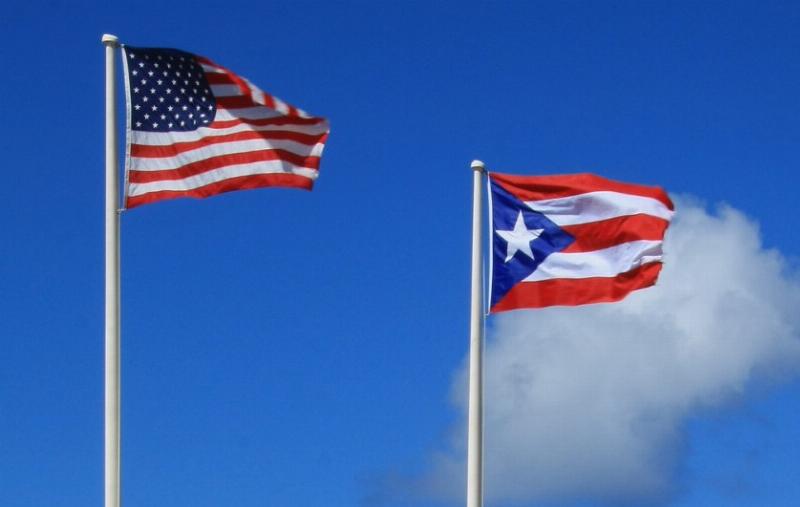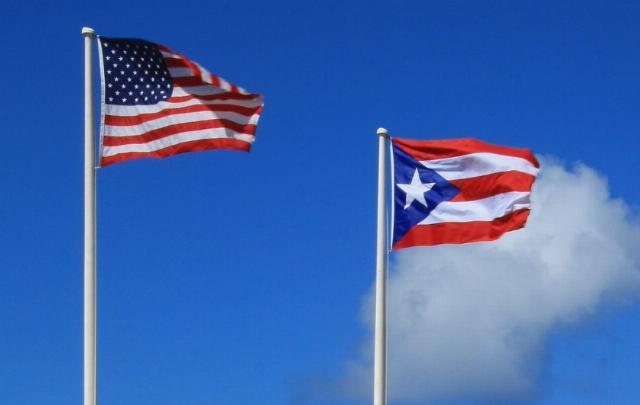


Sometimes it takes an artist, not a politician, to expose a constitutional truth.
When Bad Bunny — a proud Puerto Rican and U.S. citizen — became both celebrated and criticized after being named the Super Bowl LX halftime performer, he unintentionally reminded the nation that America still sustains two classes of citizens. One class enjoys full constitutional equality. The other, those born in Puerto Rico and the other territories, still live under a patchwork of exceptions written decades ago, when Washington treated the island as something less than America itself.
I am a Republican who supports Puerto Rico’s full annexation — complete political, fiscal, and linguistic integration into the Union. Watching the debate around Bad Bunny, I saw not a culture war, but a civics lesson: When a citizen born under the U.S. flag is treated as somehow “foreign,” the fault lies not with him, but with Congress, which has left Puerto Rico suspended between nationhood and statehood for more than a century.
Both parties should admit the obvious: This halfway arrangement no longer works. It offends conservative principle and liberal conscience alike. We have extended U.S. citizenship to Puerto Ricans by statute, yet we have allowed statutory inequality to persist — from separate tax codes to the Voting Rights Act provision that presumes Puerto Ricans require federal linguistic guardianship.
It is time for Congress — and especially Democrats, who have long positioned themselves as the party of civil rights and inclusion — to act on the equality they champion. The solution begins by applying the Arizona precedent to Puerto Rico. In Arizona, public schools teach in English; citizens learn English; and elected officials, regardless of ancestry, are expected to serve without interpreters. This is not cultural suppression. It is civic unity — the same standard every state already meets. Equal citizenship requires a common language of government, and it honors Puerto Ricans as capable Americans, not wards of Washington.
That means repealing Section 4(e) of the Voting Rights Act, which forbids states from requiring English literacy for citizens educated in Puerto Rico. When enacted in 1965, it was a necessary remedy against discrimination. Six decades later, it has become outdated — a relic that assumes that Puerto Ricans cannot meet the same civic expectations as everyone else. Repealing it would mark a clean break from paternalism and affirm that equality means shared competence, not perpetual exception.
It also means repealing IRC §2209, a tax rule that effectively treats people born and living in Puerto Rico as non-citizens for certain U.S. taxes. Under that law, Americans from Puerto Rico are classified as “non-residents” for estate and gift taxes — as if they lived in a foreign country. That legal fiction says they are American enough to serve, work, and fight for the flag, yet foreign enough to be excluded from equal tax treatment. Ending it would finally affirm that a citizen is a citizen, everywhere under the U.S. flag.
Congress should replace these exceptions with legislation affirming that citizenship everywhere under the flag carries identical rights, duties, and civic expectations. That includes English-language schooling in Puerto Rico, uniform application of federal law, and the same civic responsibilities every other American shoulders — paying taxes, serving on juries, and participating fully in the nation’s democratic life. Equality must mean shared responsibility as well as shared opportunity.
Bad Bunny’s artistry may divide audiences, but the moment he steps onto the Super Bowl stage, tens of millions will see what Washington has ignored: an American from Puerto Rico performing at the center of American life. That image should not inspire resentment; it should inspire reform. We should thank him for forcing a national conversation that politicians have avoided for too long.
Equality is not achieved by keeping Puerto Rico special. It is achieved by making Puerto Rico equal. Congress — led by those who claim to stand for inclusion and civil rights — should finally prove it by applying one standard of citizenship to every American, everywhere under the U.S. flag.

Image: Arturo de la Barrera via Flickr, CC BY-SA 2.0.
